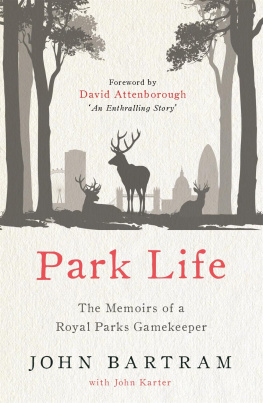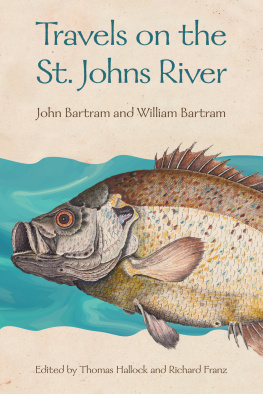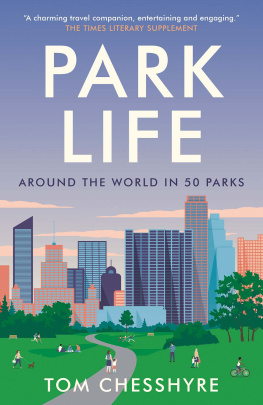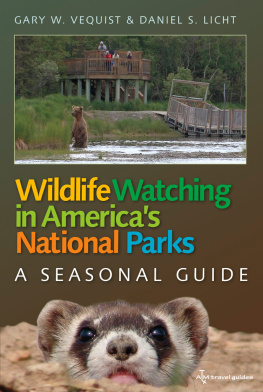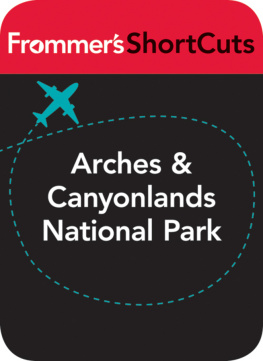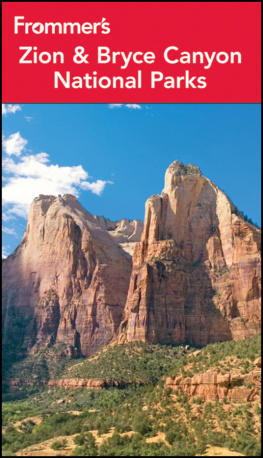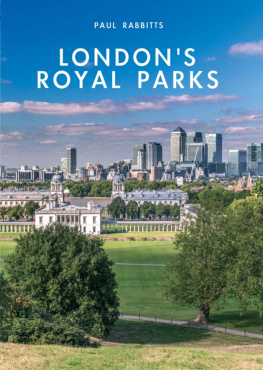BY
SIR DAVID ATTENBOROUGH
I t is the largest enclosed tract of wild country surrounded by city buildings to be found anywhere in Europe two and a half thousand acres of woodlands, bracken and open grazing, interspersed with ponds and a brook. This is Richmond Park. Here, five and a half million Londoners and visitors from all over Britain and beyond come every year to enjoy the delights of British wildlife the ancient oaks, some of which have been standing here for seven centuries, the lumbering flight of stag beetles, those most impressive and weightiest of our nations insects, the trilling song of soaring skylarks, the enchanting ritualised dances of courting great crested grebes it is a marvellous vision of wild Britain before humanity overwhelmed so much of it.
Except, of course, that it isnt. It is a carefully and expertly managed community of plants and animals, skilfully controlled by a team including, very crucially, a gamekeeper. That role, for the past thirty years, has been held by John Bartram, the author of this book. It is a difficult task that calls for the detailed understanding of a scientist in managing the wild species in his charge, as well as the tact and persuasion of a diplomat in dealing with the public.
One of the gamekeepers most difficult tasks concerns the maintenance of the red and fallow deer. There are about six hundred of them, and they are judged by experts to constitute the finest captive herd in this country. But, of course, the ecosystem of which they are a part is far from natural. In earlier times there were wolves that kept the numbers and the health of the herd under control. In the seventeenth century, when the wall enclosing the park was first built, the gamekeeper in charge had to ensure that there were stags with fine sets of antlers to reward the king on his hunts. In the twenty-first century, the gamekeeper has to arrange things so that visitors wielding cameras can, instead, get shots of these splendid symbols of the wilderness. How John Bartram managed that task, as well as a multitude of others, he vividly and evocatively describes in the pages that follow.
It is an enthralling story of great interest to anyone whether one-time visitor or knowledgeable naturalist who visits this, one of the countrys greatest and most popular natural treasures.

Sir David Attenborough
O n top of a hill, king of all he surveys, a roaring stag stands silhouetted against the dappled morning sky, sounding out a warning to any rival foolish enough to enter his domain. A formidable presence marking out his territory as the landscape steadily changes face, he has piddled down himself to scent and make his presence felt and let the hinds know theyre on his radar. His autumn coat is a striking shade of reddish brown, but this big stag doesnt just dress to impress: those fearsome-looking antlers are lethal weapons. Hes ready and willing to fight to the death, if thats what it takes to see off any challengers. Across the way, in a circle of ancient oak trees with gnarled trunks and twisted boughs that would make the perfect setting for a witches coven, a group of hinds huddle nervously together; the females of the species, velvety ears twitching, listen out for danger, waiting to see when the stag on the hill will make his move.
For thirty years scenes like this have been the constant background of my working life a life that seems impossible within the confines of the largest city in Britain. So how did a south London boy find himself in this position: working as the keeper of a large herd of wild deer (and many other wild creatures) in over two thousand acres of unspoilt wild landscape, without ever moving more than a mile or two from his childhood home?

I was born in 1955 in Stretton Road, Ham, where my family still lives. Our house was not much more than a quarter of a mile from the Ham Gate entrance to Richmond Park, which I could never have suspected would be my home and workplace for most of my adult life. Ham then was really a tiny village, without many roads in or out of it. It is set between Richmond and Kingston. From about 1963 onwards, they started to build the big tower blocks that are there now and expand right out to Beaufort Court and Teddington Lock towards Kingston. Before they started this construction, it was open common land with a few empty prefabs from World War Two a great place to grow up if you liked wildlife.
I was one of nine children: six boys and three girls. None of my brothers or sisters were interested in wildlife as I was, nor did they get involved with it as a job. They could name you birds and animals and liked to see them, but that was as far as it went. My fathers love for animals must have put me on the road to liking wildlife of all types, because he was the only member of the family who had animals. I remember as a small child that we had a menagerie of creatures in the back yard; some were there for food and some as pets. We always had dogs, which came off the street. There used to be lots roaming the streets then for some reason and they were never really long-lived as they always picked up something that affected their health when theyd been on the road.
My father took up racing pigeons as a hobby and to act as a food source as well when we were hard up. We also had rabbits and chickens, and they were all destined for the table at some point. Often, my father would kill a couple of pigeons for me and one of my brothers. He always prepared the birds and rabbits for the table and would never let any of us see him killing anything; in fact, half the time we never realised an animal was dead until it was on the plate. I would sometimes feed them and occasionally I would help him clean the pigeon loft.
Because everyone in the village knew of the familys reputation for having all these animals, anybody local who came across an injured or sick wild bird would bring it to my dad to look after. At one time we had a herring gull and also a crow, which landed on the head of one of the lads who lived up our road. It nearly gave him a heart attack as it flew onto him from behind, as he wasnt expecting it. This crow had a bandage round one of its legs where someone had obviously caught it before, treated it and then let it go, so it was semi-tame.
Growing up in Ham during the sixties was great for me and my five brothers as there were so many more open spaces to explore than there are now. If I had my time again, I wouldnt change a thing because it was such a brilliant place to be. It had wildlife it was a great place for learning what species of animal you were looking at open fields and Richmond Park. What more could a young boy want?
There used to be pheasants and partridges on Ham Lands, so along with the array of creatures at home I was around animals of some kind every day. I would spend a lot of my time out on the open land around my home and also a lot of time up in Richmond Park. I would be bird nesting which is illegal now, although Im not too sure whether it was then or mousing, which involved lifting boards or bits of timber to see what mice or voles were underneath.
I would also play conkers with my friends, pick blackberries and, of course, go fishing. Many times I would go fishing in Pen Ponds in Richmond Park when the permit was free and covered all parks right up to the Serpentine in Hyde Park not that I ever got that far. I loved fishing; I really took to it because there was much more to it than just catching fish. Its amazing what wildlife you see when youre sitting still on the river bank. Im still as avid about it now in my sixties. The River Thames took up a lot of my time. It wasnt like it is today: it had a smell to it and it would be nothing to see dead things floating along. It was a pretty dirty river then if you fell in you would probably have needed a stomach pump. I remember once there was a die-off and the Mariners Basin at Ham was full of dead fish. This was around 1965 and the smell was unbelievable.

